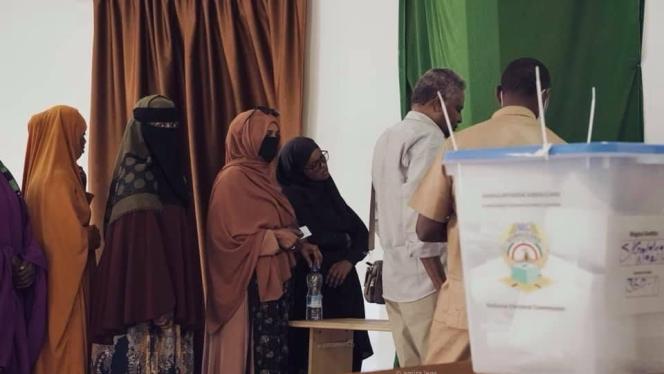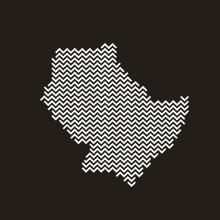Thursday 21 November 2024
Somaliland heads to the polls as unresolved issues still linger

Somaliland heads to the polls as the controversial electoral laws get passed, but tumultuous roads lie ahead.
On February 18, 2024, the Somaliland parliament passed controversial electoral laws, paving the way for combined presidential and political association elections. Although this signals progress toward resolving the delayed and disputed elections this year – already two years overdue – significant challenges lie ahead.
The president, Muse Bihi, signed the bill into law yesterday, March 9th. and although Somaliland’s parliament has vowed to press ahead with the new framework either way, constituents from the Awdal and Marodijeh regions have voiced their objections, saying it sidelines their interests. Indeed, vice president Abdirahman Saylici, who himself hails from Awdal has warned that the new law being pushed by parliament threatens Somaliland’s unity.
More broadly, this year’s elections occur amid several major political and security developments which complicate the prospect of robust polls being held across Somaliland. In August 2023, Somaliland’s army was pushed out of Las Anod and its environs losing almost a third of its claimed territory; like much of the world it is still grappling with the economic aftermath of the pandemic and the crippling impact of the Hargeisa market fire which wiped out some 2,000 shops and stalls.
Since adopting the multiparty system in 2001, Somaliland has held several elections which have burnished its democratic credentials. After Daahir Rayaale Kaahin took office following the untimely death of Muhammad Haji Egal in 2002, Somaliland’s voters have elected two further presidents in a hybrid system which fuses clan authority with representative democracy, hailed by Ali Mazrui as an “object lesson” for other parts of Africa in how tradition can be balanced with the political institutions of modernity.
The febrile political atmosphere now also threatens Somaliland’s core Boorama to Burco axis, following a decision by its parliament in October 2022 to extend the mandate of incumbent Muse Bihi by two years. The move has polarised Somaliland, facing stiff opposition from the Wadani party, and was likely inspired by Bihi’s former counterpart in Mogadishu, Mohammed Farmaajo who leaned on parliament to enact a similar measure a year earlier. The decision has heightened tensions between the presidency and Somaliland’s opposition parties.
Exploiting public frustration with the Bihi administration, opposition parties have since taken the initiative. In May 2021, Somaliland held its first national and local elections simultaneously, yielding strong results for opposition parties, with Wadani securing 31 seats, and UCID managing 21 in the 82-seat parliament. The ruling Kulmiye party, which Bihi leads, managed 30 seats. They also gained control of councils in major cities.
Concerned about his party’s strength and government’s popularity, President Bihi faced the risk of a major defeat in the November 2022 presidential polls. The delay bought him time. But the much-vaunted polls also coincided with the expiration of political party licenses, adding to an already crowded electoral calendar. Bihi wanted to hold a vote on the party licenses first and then presidential polls after whereas the opposition parties preferred to hold the presidential elections first, hoping to oust Kulmiye. In 2022, the International Crisis Group reported: “Bihi appears to believe that holding the presidential contest after the selection of new and potentially less experienced political parties augments his chances of staying in office.”
In response to the escalating situation, Somaliland has leaned back on the institutions which have acted as a scaffolding reinforcing its fragile political structure: the clan elders. They have stepped in to mediate between the government and the opposition, resulting in the compromise position of holding combined elections for the presidential and political associations. Special committees were tasked with drafting laws to solidify Somaliland’s democratic process, amending previously vague clauses and granting more independence to the National Electoral Commission.
While opposition figures have welcomed these developments, some retain concerns about their implications for the inclusiveness of Somaliland’s democracy. At present parties need to reach a 20% threshold in all regions for party qualification, which some opposition figures fear could further entrench clan dominance – the main organising principle for parties – in an already ideologically barren political arena.
All indications are that polls will go ahead despite these latent issues. However, their legitimacy and ability to produce a strong and renewed mandate for the victor are likely to be compromised, risking weak leadership unable to coherently outline an honest and strategic vision for Somaliland’s citizens as well as an ability to distill that vision into a concrete program that has public support.










